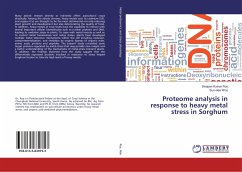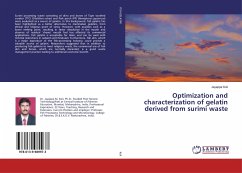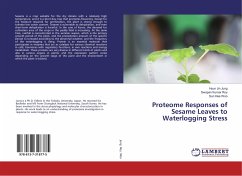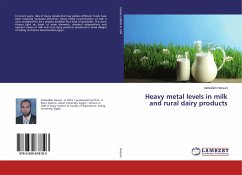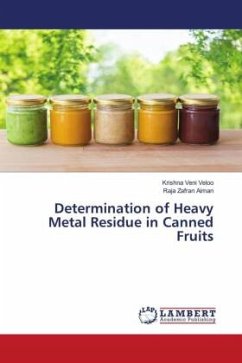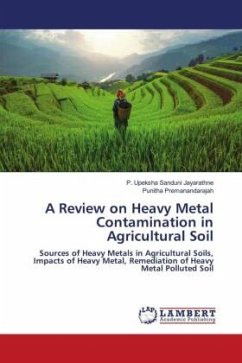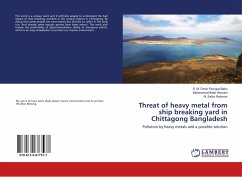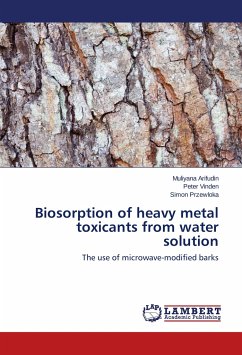Many abiotic stresses directly or indirectly affect agricultural crops drastically. Among the abiotic stresses, heavy metals such as cadmium (Cd), and copper (Cu) are thought to be the most detrimental not only reducing plant growth and development but also deteriorating the quality of food. In addition, heavy metals at toxic levels have the capability to interact with several important cellular biomolecules such as nuclear proteins and DNA, leading to oxidative stress in plants. To cope with metal toxicity as well as to control metal homeostasis and redox status, plants have developed multiple metal tolerance mechanisms within the cell including exclusion, compartmentalization, and chelation by organic ligands of organic acids, amino acids, proteins and peptides. The present study unraveled some target proteins regulated by metal-stress that may provide new insight and a better understanding of the mechanisms of metal-stress tolerant plants. In addition, the findings obtained from the study suggest that the differentially expressed proteins involved in resistance to stress helped Sorghum bicolor to tolerate high levels of heavy metals.
Bitte wählen Sie Ihr Anliegen aus.
Rechnungen
Retourenschein anfordern
Bestellstatus
Storno

